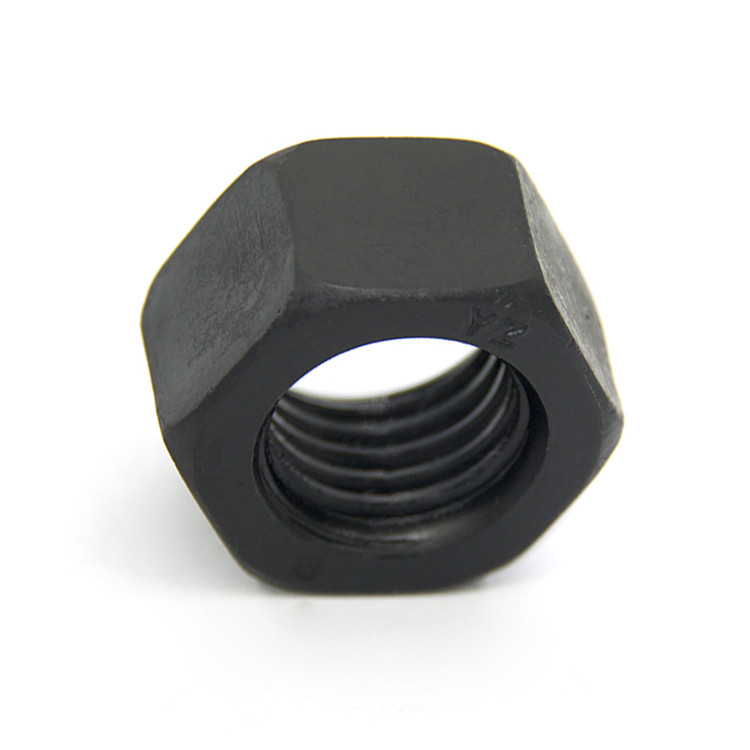Brass Machine Screw Manufacturing Insights into Production and Industry Trends
des . 09, 2024 21:32 Back to list
Brass Machine Screw Manufacturing Insights into Production and Industry Trends
The Evolution and Importance of Brass Machine Screw Factories
In the world of industrial manufacturing, machine screws are fundamental components used in a wide range of applications, from electronics to construction. Among the various materials used to produce these screws, brass stands out due to its unique properties such as corrosion resistance, malleability, and aesthetic appeal. Brass machine screw factories play a crucial role in the production of these components, contributing significantly to various industries and enhancing product quality.
Brass, an alloy of copper and zinc, has been a preferred material for fasteners for centuries. Its properties make it ideal for applications where durability and resistance to corrosion are paramount. In environments exposed to moisture, brass screws maintain their integrity and finish longer than their steel counterparts, making them particularly favorable in marine, automotive, and electronic sectors. As such, brass machine screw factories have become essential players in the manufacturing ecosystem.
The Manufacturing Process
The production of brass machine screws begins with the careful selection of raw materials. High-quality brass is melted and then formed into billets or rods that can be further processed. The manufacturing process involves several stages, including forging, machining, and finishing.
1. Forging In forging, the brass rods are heated and shaped into preliminary forms using dies. This step is critical as it determines the screw's basic shape and strength. 2. Machining After forging, the pre-formed screws undergo precision machining. This step involves cutting threads and creating the desired head shape, ensuring that each screw meets specific dimensional tolerances and standards. 3. Finishing Finally, the screws receive a finishing treatment, which could include polishing, coating, or plating. These processes enhance the appearance and improve resistance to corrosion and wear.
Each of these stages requires skilled labor and advanced machinery, which brass machine screw factories must invest in. As technology advances, these factories have incorporated automation and robotics to streamline production, increase efficiency, and reduce errors.
Quality Control and Standards
brass machine screws factories

Brass machine screw factories adhere to rigorous quality control standards to ensure that every product is reliable and meets the specifications required by different industries. Certifications such as ISO 9001 are often pursued to demonstrate compliance with international quality management standards. Quality testing may involve tensile strength tests, corrosion resistance assays, and dimensional checks, ensuring that the screws can withstand the rigors of their intended applications.
Failing to meet quality standards can have serious implications—defective screws can lead to equipment failures, safety hazards, and increased costs due to replacements and repairs. Therefore, maintaining high-quality production techniques is paramount.
Market Demand and Trends
The demand for brass machine screws is influenced by various factors, including industry growth, technological advancements, and consumer preferences. As industries continue to evolve, particularly in electronics and renewable energy, the need for specialized screws is expected to rise.
Moreover, the trend towards sustainable manufacturing has also impacted the brass screw market. Environmental considerations are prompting manufacturers to explore eco-friendly practices, such as incorporating recycled materials into their production processes.
Conclusion
In conclusion, brass machine screw factories serve a vital function in the manufacturing landscape, producing essential components that support various industries. The evolution of manufacturing processes and the incorporation of advanced technology have transformed the way these fasteners are produced, ensuring high quality and efficiency. As we move forward, the importance of these factories will continue to grow as the demand for reliable, durable, and high-performing screws expands across different sectors. In this light, the brass machine screw industry stands poised to adapt and thrive, contributing to innovations and excellence in manufacturing.
Latest news
-
Reliable Wire Bolts Suppliers | Quality Zinc Plated Fasteners
NewsAug.26,2025
-
Wire Bolts Suppliers: Durable & Reliable Fasteners for Every Project
NewsAug.25,2025
-
Premium Cabinet Bolts Supplier | Wholesale & Custom Solutions
NewsAug.24,2025
-
Reliable Axle Nuts Supplier | Quality & Precision Fasteners
NewsAug.23,2025
-
Durable Bolts for Lawn Mower Handle - Top Supplier & Manufacturer
NewsAug.22,2025
-
High-Quality Bolts for Lawn Mower Handle Supplier & Manufacturer
NewsAug.21,2025
